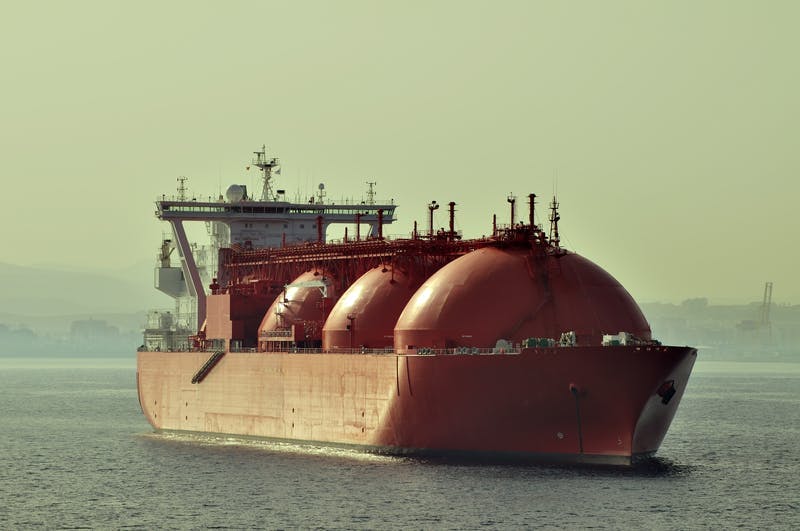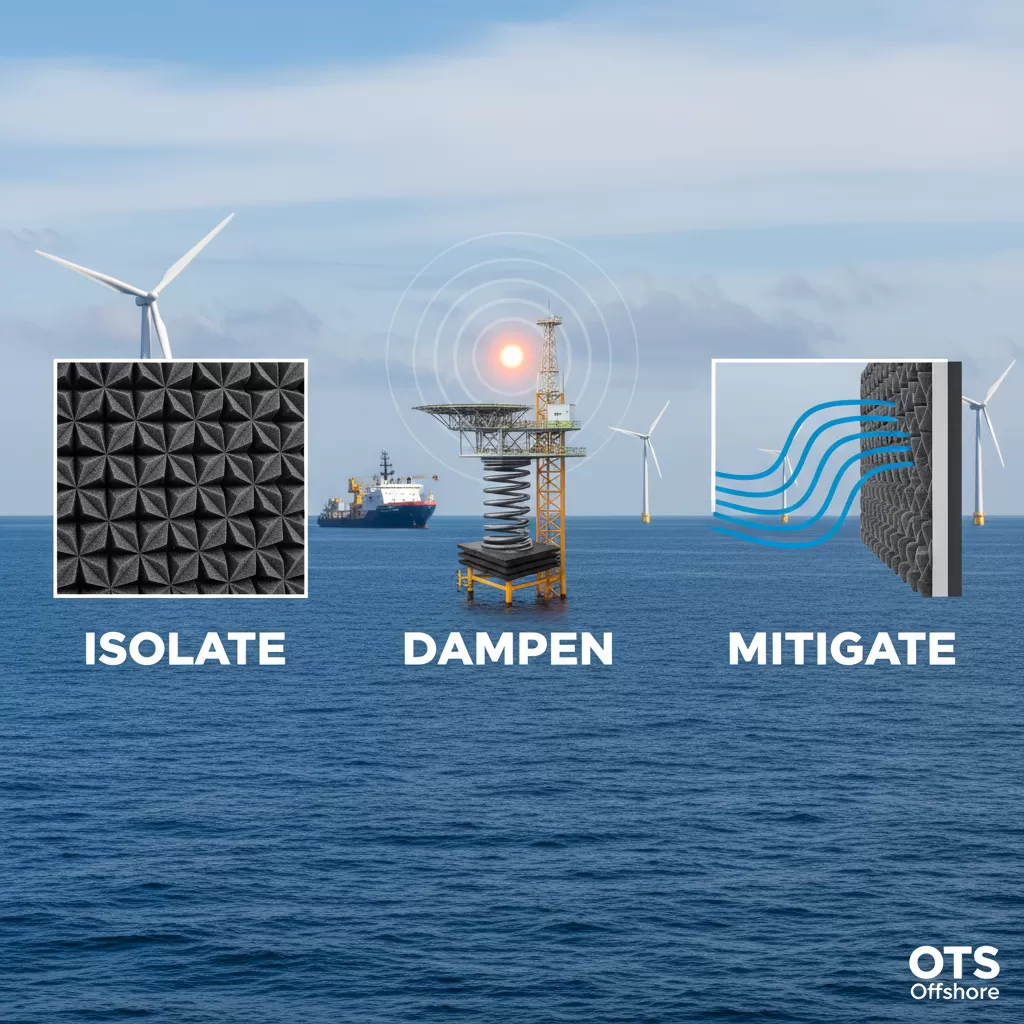
Despite the recent authorization of New Fortress Energy to export liquefied natural gas (LNG), the pause on US LNG export permits remains in place, according to the US Department of Energy (DOE). This decision underscores the ongoing regulatory scrutiny of LNG export applications, which has significant implications for the industry.
On September 3, the DOE approved New Fortress Energy’s request to export up to 0.4 billion cubic feet per day (bcfd) of LNG from its Altamira floating LNG export platform off Mexico’s Gulf coast to non-free trade agreement (FTA) countries for a five-year term. However, this authorization does not signal an end to the administration’s pause on issuing new export permits. The pause, which began in January, is part of the Biden administration’s effort to update its review process to more thoroughly consider the climate and economic impacts of increasing LNG exports.
The DOE’s current permitting freeze does not affect previously authorized projects. Nevertheless, it places several major US LNG export projects in a state of regulatory limbo, creating uncertainty in the market. These projects include significant developments such as the Venture Global CP2 and Commonwealth LNG projects, both located in Louisiana and initially expected to reach final investment decisions this year.
Industry experts have expressed mixed views on the recent approval. While some see it as a positive step, others remain skeptical about the broader implications. Dena Wiggins, president and CEO of the Natural Gas Supply Association, emphasized the need for resumed approval processes to meet the administration’s commitments to international allies. However, Fred Hutchison from LNG Allies cautioned that one project approval does not necessarily indicate a flood of new permits, likening it to a single firecracker clearing a logjam.
The DOE’s rationale for the short-term authorization extends to their assessment of energy security concerns. Given the evolving global energy landscape, including increased commitments to diversify energy sources and wide uncertainty in








